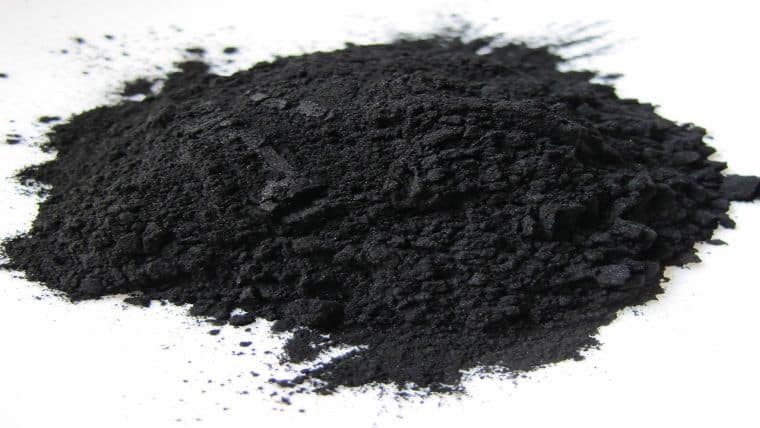Everything You Need to Know About Activated Pharmaceutical Carbon and Water Filtration

Everything You Need to Know About Activated Pharmaceutical Carbon and Water Filtration
Although water is an essential nutrient for the human body, it contains several harmful chemicals that need to be removed. These include chlorine and its by-products, asbestos fibres, lead, but also pesticides and other substances that have entered the water table. The presence of these substances not only gives the water an unpleasant taste and smell, but can also cause serious health problems. For this reason, water filters have become essential to ensure your health.
With reliable and certified tap water filters like Camelot's, you can wash food, cook, and drink clean, healthy water that doesn't contain these harmful substances. The secret to the effectiveness of the filters is their activated pharmaceutical carbon and their technology and water purification steps. In this article, you will learn everything you need to know about activated pharmaceutical carbon and its role in water filtration.
What is Active Pharmaceutical Carbon?
Activated charcoal differs from plain charcoal not only in the way it is processed, which gives it a porous texture, but also in the raw material. In any case, it is a natural product produced from peat, bamboo, charcoal, wood, sawdust, coconut bark, and other materials.
The process of its production is called thermal activation, or steamactivation, and through this process its internal surface area is increased. This results in it being able to retain liquid and gaseous substances, which is extremely useful for water filtration. The process by which activated charcoal works is called adsorption. Through this process, activated charcoal attracts specific hazardous substances that attach themselves to it.
After the activation process, the active pharmaceutical carbon can be:
- Granular,
- Cylindrical (extruded or pellet),
- Powder.
The raw material, the activation process and the final form of activated carbon affect its final surface area, and thus the degree of its adsorption capacity. Thus, it can enter water filters and absorb any harmful substance that may be present in the water.
The Basic Uses of Activated Carbon
Because of its adsorptive capacity, activated carbon has found applications related to water and air filtration. Indicatively, it is used in water filters, hoods, and anti-fungal masks.
The main uses of activated carbon are as follows:
- In industry - used for the production of soft drinks, beverages, and biogas, for the production of pharmaceuticals and chemicals, and for the treatment of industrial waste water and gases.
- In water filtration - used as in Camelot water filters (with 850 grams) to remove harmful substances,
- In beauty products, such as soaps, shampoos, face masks, and toothpastes
- In medicine - used to absorb toxins and poisons from the digestive system.
Why we use activated carbon in water filtration
With the help of activated carbon, water filters are able to remove from water the chemical and organic substances that are harmful to the body. Chlorine, in particular, is used for its disinfectant properties, but it produces by-products dangerous to humans and must be removed.
As you can see, activated carbon makes a decisive contribution to water filtration. For this reason, Camelot water filters with their activated carbon, membranes and technologies are extremely effective in removing chlorine and other harmful substances from water.



